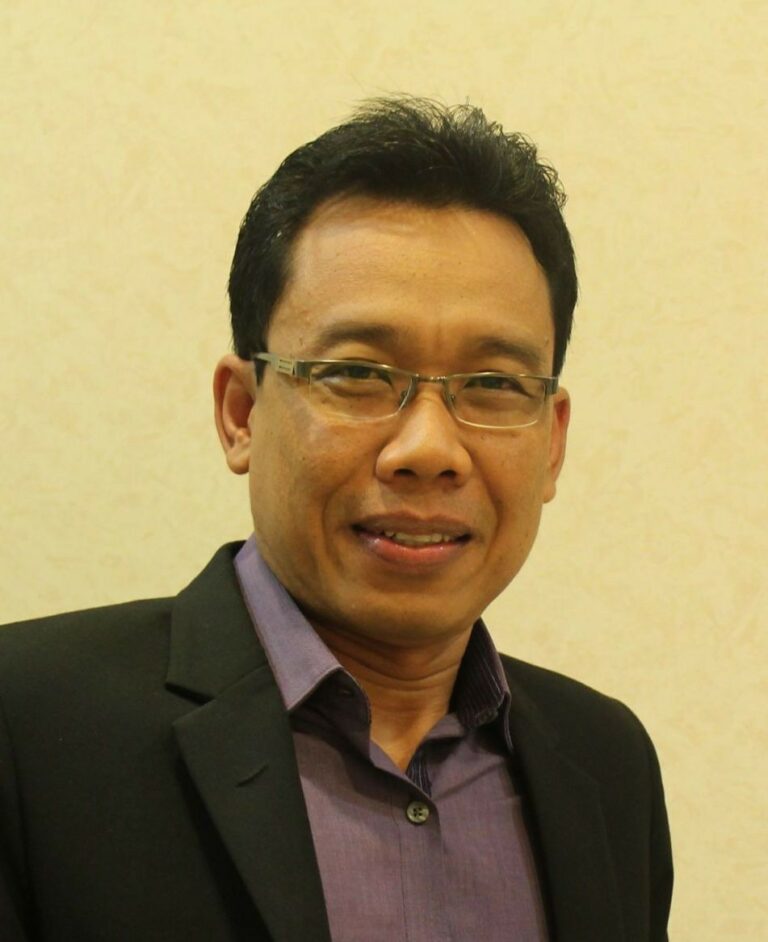
Ir. Tri Asih Budiono, MIT
Tri A. Budiono earned his master degree in Information Technology from Queensland University of Technology, Brisbane, Australia. He is currently completing his doctoral program in Computer Science at Murdoch University, Perth, Western Australia.
He has more than 10 years of experience in software development industry, software training and IT project consulting. He worked in multi projects with public and private sectors including National Atomic Energy Agency, SysIndosat, and Jatis Solution. His passion in teaching and training brought him to Binus University as IT lecturer in 2002 where he re-focused his work as academician until so far. He is currently the Director of Academic Development unit Binus University International. Besides being a full time lecturer and former Head of School of Computer Science at Binus University International, he also actively conducts trainings and seminars.
Case Document
[CASE STUDY] PROGRAMMING LANGUAGES AT GOOGLE: FREEDOM OR CONUNDRUM?
Not long after Larry Ellison’s of Oracle bought Sun Microsystems in 2010, Oracle filed a lawsuit against Google, which claimed Google had infringed its copyright by using 11,500 lines of Java code in its Android operating system. Oracle had contested that Google’s use of its proprietary Java code exceeded fair use, and was seeking damages of up to $9bn. When it was developed, Android partly used the programming language Java to build its API (Application Programming Interface). Java was a widely used language, developed by a company called Sun Microsystems in the 1990s.
More importantly, the fair use decision in this case sets a strong precedent in an industry where programs and apps are often as much constructed from various building blocks of code that already exist as they are from whole cloth. If the company that owns the original code language – as Oracle does with Java – can claim ownership over systems which use parts of its code, in varying sizes, that might have a serious dampening effect on developers, few of whom have Google’s deep pockets and batteries of legal artillery to call into battle in their defense. And in this Oracle and Google dispute, nothing less is at stake than the future of programming. Would a programming language continue to be a free and open? Would an API be considered as part of programming language or proprietary of its creator? What factors will affect a company like Google to create their own programming language? Would the programmers "language preference" be taken into account when they got involved in software development projects?
